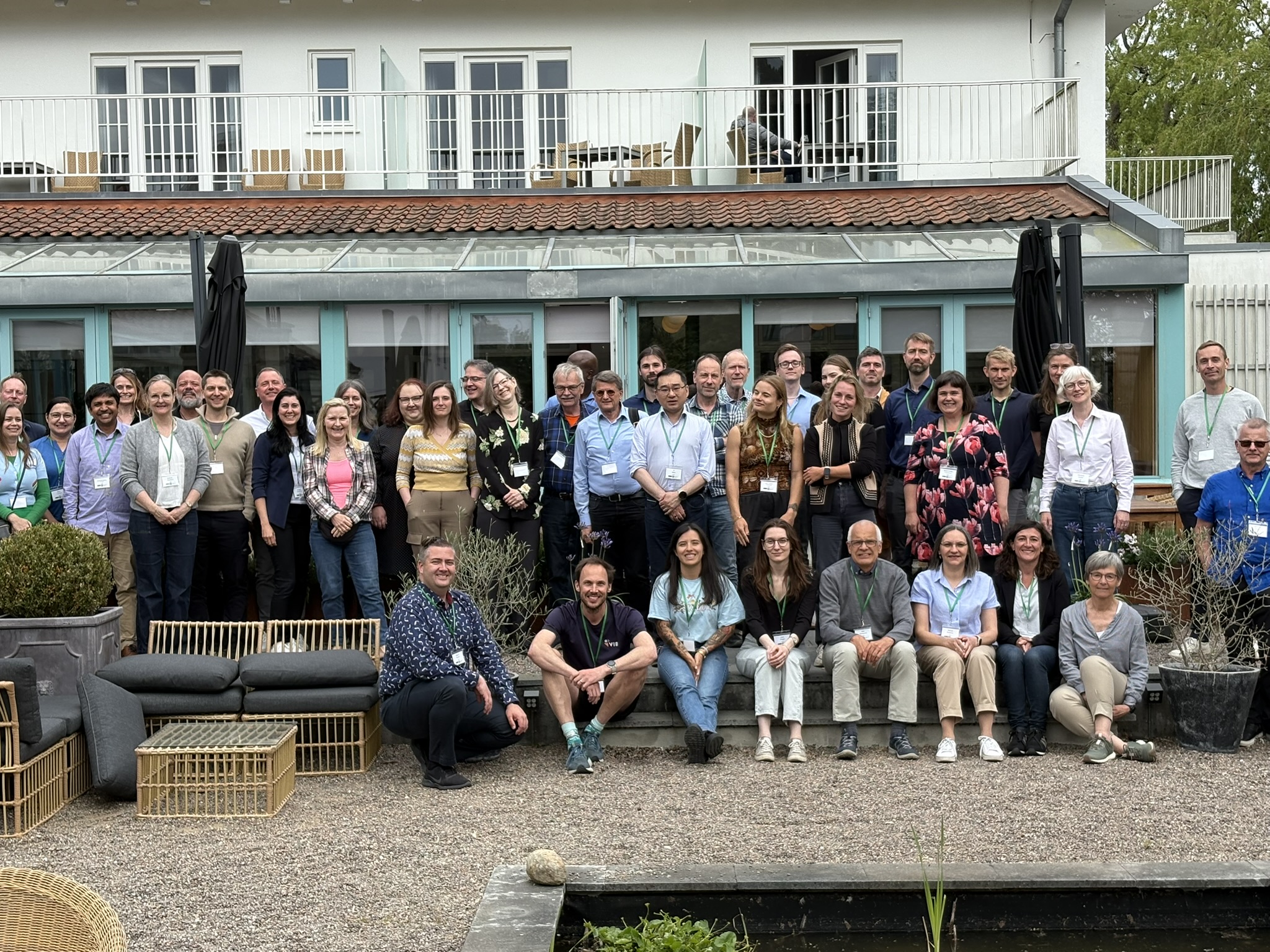
The Carbone Lab
- Evolutionary Relationships and a T-BAS Interactive Phylogeny of Emerging Lineages of the Plant Pathogen Phytophthora ramorum, Phytopathology (2026, January 7)
- A pangenome analysis reveals the center of origin and evolutionary history of Phytophthora infestans and 1c clade species, PLOS ONE (2025)
- An emerging fungal disease is spreading across the globe and affecting the blueberry industry, New Phytologist (2025, January 8)
- Global population genomics redefines domestication and clinical diversity in the Aspergillus flavus–oryzae complex, IMA Fungus (2025, December 23)
- Preserving the Biologically Coherent Generic Concept of Phytophthora, “Plant Destroyer”, Phytopathology® (2025)
Ignazio Carbone
Professor of Entomology and Plant Pathology | Director, CIFR
919.513.4866
icarbon@ncsu.edu
Center for Integrated Fungal Research
Department of Entomology and Plant Pathology
Campus Box 7244 – Partners III Building Raleigh,
NC 27695-7244
Education
Ph.D. University of Toronto 2000
Bio
My research interests are in evolutionary biology, molecular population genetics and genomics. Research in my laboratory is interdisciplinary and combines sampling of genetic and phenotypic variation in natural fungal populations, in silico comparative analyses of fungal genomes, and the development of integrative evolutionary analysis tools. An important aspect of our work is developing new methodologies and tools to examine the influence of mutation, recombination, gene flow, selection and demography on the evolution of fungal genomes, populations and species. Our computational goal is to effectively manage and integrate the plethora of new approaches for making inferences on population processes from DNA sequence variation, bringing together simple summary-statistics, nonparametric methods and complex parameter-rich models. We have been developing new methodologies and tools for integrating genetic and phenotypic data within an evolutionary framework. Recently we released a flexible and scalable workbench tool that manages a series of population genetic programs.
A major focus is examining the evolution of fungal secondary metabolism, specifically the sterigmatocystin (ST), O-methylsterigmatocystin (OMST) and aflatoxin (AF) biosynthetic pathway in Aspergillus. The genes for ST, OMST, and AF are clustered and these compounds are synthesized as end products by numerous ascomycetes. Although all three metabolites (ST, OMST, and AF) are potent carcinogens in animals, the biological and evolutionary significance of these bioreactive compounds in fungi is unknown. We are combining inferences from macro- and micro-evolutionary analyses to understand the conservation of these metabolites among Aspergillus species and how diversity is generated and maintained within species over long periods of time. Recent work examines genetic variation in experimental populations and in field studies using biological control strains.





